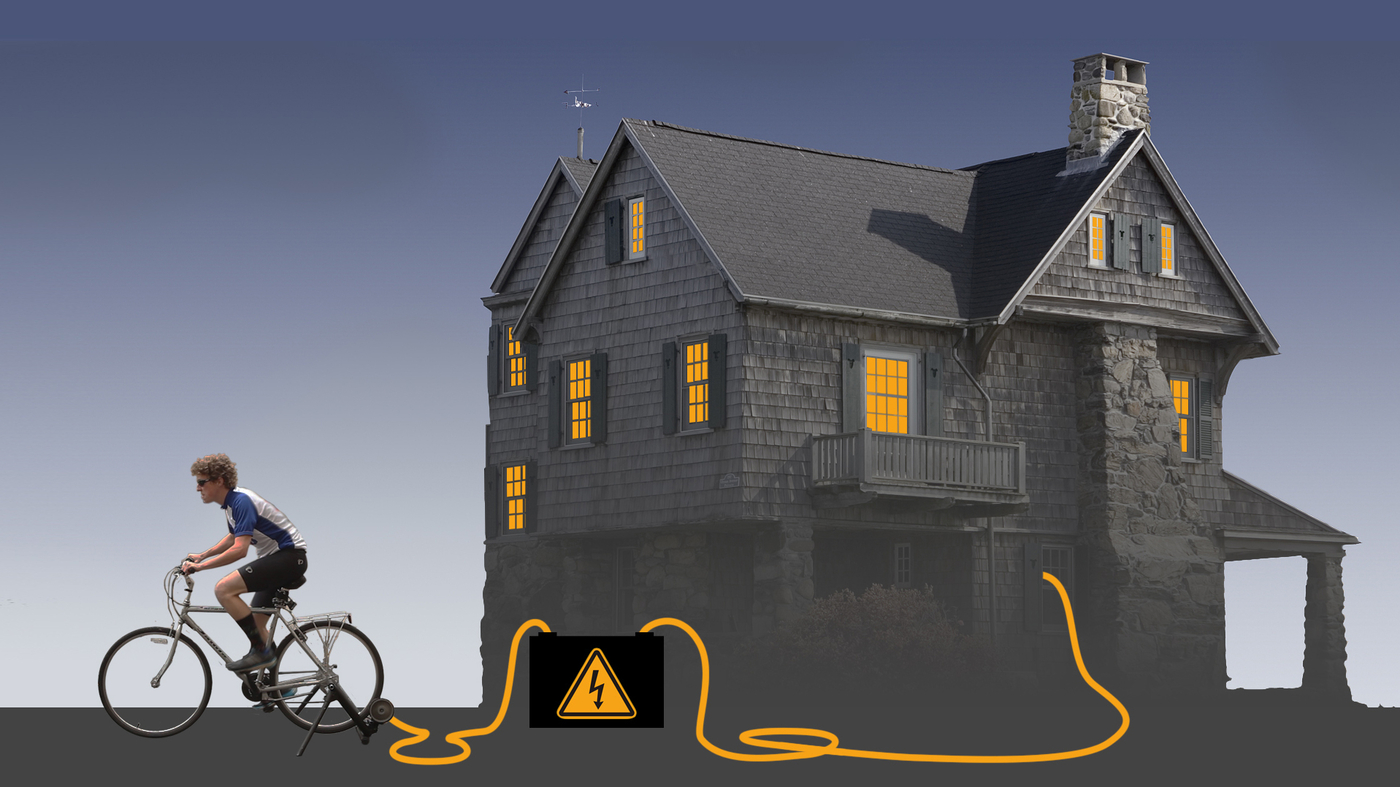As global cities confront the urgent demands of sustainability, energy conservation, and mental health, a new wave of purpose-led advertising is emerging—one that fuses creativity with conscience.
In a trio of powerful campaigns launched across Thailand, Chile, and Europe, three brands—Samsung, Gobik, and Fundación Contradicción—have stepped into the spotlight with emotionally charged stories that challenge viewers to rethink how we live, connect, and consume. In Thailand, Samsung’s latest campaign, “Don’t Lose What AI Can Save,” delivers a visually surreal yet socially resonant message on the cost of energy waste. At a time when households are grappling with surging power bills, the advertisement transforms the invisible act of leaving appliances on into an emotionally striking narrative. Children named ‘Bill’—symbolising electric bills—are depicted as lost in a vast, bureaucratic Lost and Found department, drawing a poignant parallel between absent children and lost money. The film ends with a solution: Samsung’s SmartThings app, which uses AI to automate energy-saving in home appliances. While tapping into Thai consumers’ growing anxieties over rising utility costs, the campaign also subtly champions the shift towards smart, low-carbon homes—an essential component of the sustainable cities agenda.
Across the globe, cycling apparel brand Gobik is taking a radically different yet equally imaginative route to promote unity and expression in sport. Its campaign “We Ride As One” is a celebration of cycling communities, told through the scientific metaphor of quantum entanglement. The campaign follows three distinctive rider personas—the Rainproofs, Earliers, and Breakaways—each outfitted in bespoke kits that reflect their unique riding styles. Despite being geographically scattered, these cyclists are shown to be connected by their shared passion, suggesting that commitment to sustainability and active transport knows no borders. With the launch of Gobik’s Team Store, the brand extends its ethos of inclusivity, giving riders around the world the opportunity to co-create and wear their identity—reinforcing the spirit of global camaraderie in sport.
Meanwhile, in Chile, the Fundación Contradicción takes a hard-hitting approach with its campaign “The Journey”, which confronts the quiet epidemic of gambling addiction among children. Framed as a family road trip, the short film captures the steady intrusion of betting advertisements in everyday life—transforming a seemingly joyful ride into a chilling commentary on how media influences young minds. The campaign, produced in collaboration with local cinemas, raises difficult yet urgent questions: Are our cities becoming complicit in nurturing addiction through unregulated content? And what does responsible media look like in the digital age? Taken together, these three campaigns go beyond product placement or brand storytelling. They are interventions—crafted with care and intention—that interrogate pressing issues from energy conservation and sustainable mobility to mental health and the ethics of advertising. Each campaign highlights how brands can be powerful actors in driving public discourse, fostering behavioural change, and building more equitable, climate-resilient cities.
Whether it’s the AI-driven potential of home appliances, the cultural revival of community cycling, or the silent trauma of gambling addiction, these narratives show that emotional storytelling, when done responsibly, can illuminate the path to more humane, conscious urban living.
Also Read: Pimpri Chinchwad Unveils Advanced Flood Forecasting System


